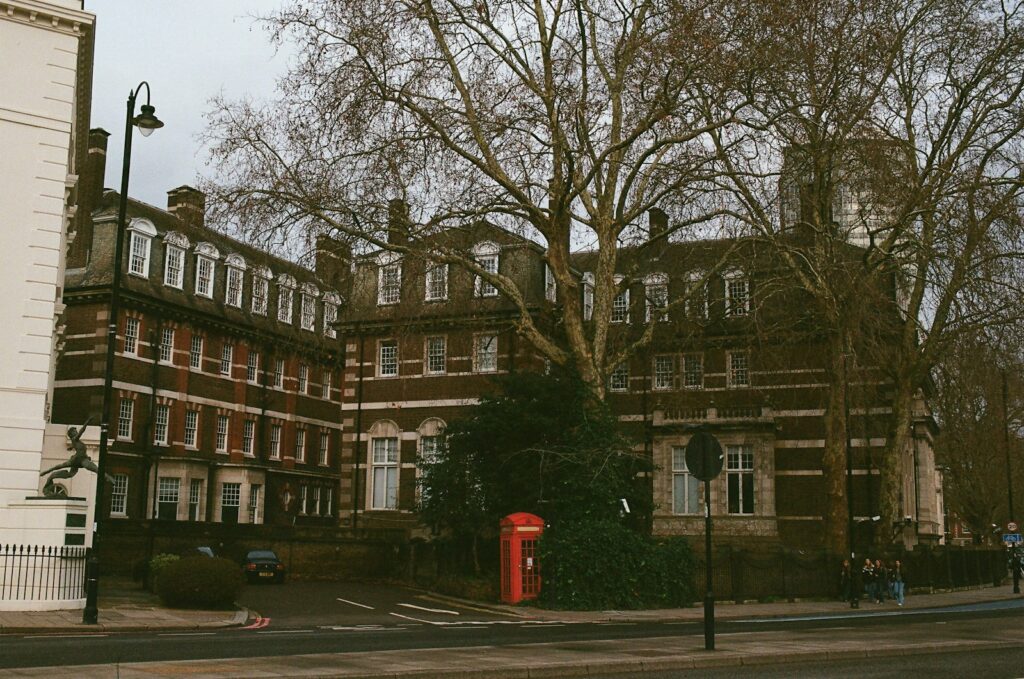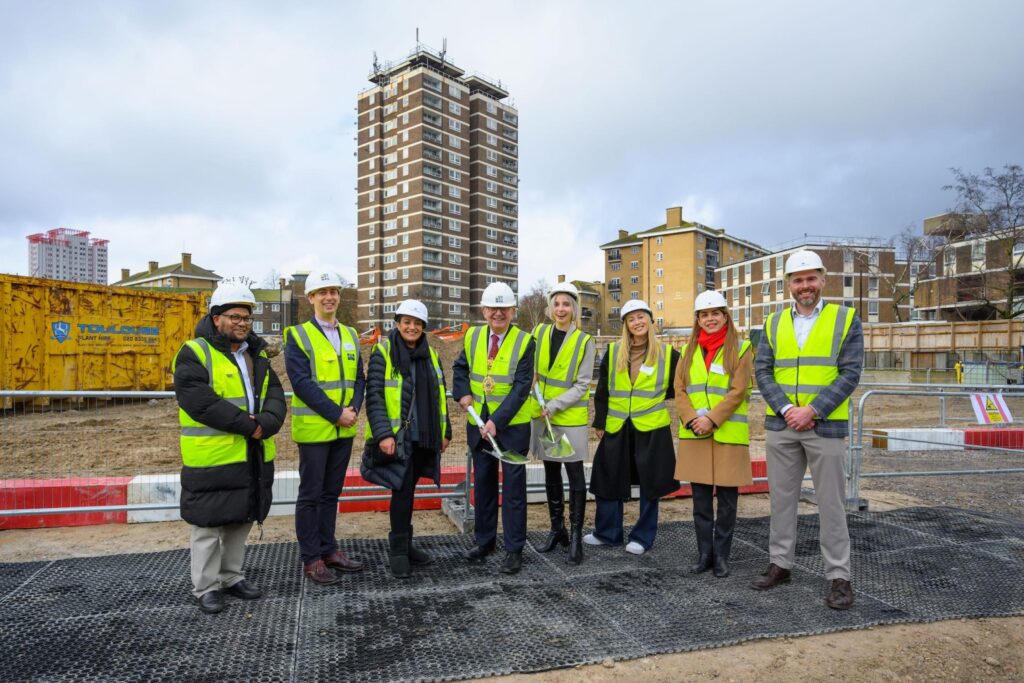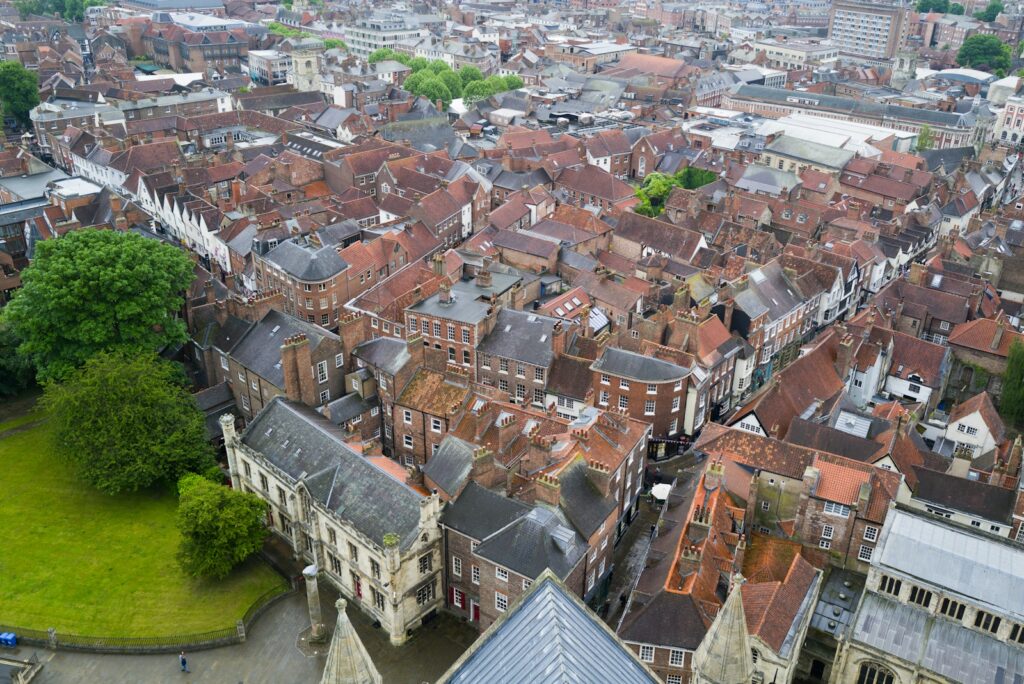A study examining the value of the Gaelic economy in Glasgow shows the Scottish language and culture contributes to £21.6m of the city’s economy.
The research, commissioned by Glasgow City Council, was completed by Bòrd na Gàidhlig, a public body advancing the state of Gaelic and offering ministers advice on Gaelic issues.
It assessed the economic value of Gaelic, growth in its use and how the language and culture impacted wellbeing in Glasgow.
Findings show that the ‘Gaelic Economy’ supports 700 city jobs, with 58% of these in the education and learning sector, 23% in the creative industries and 16% in tourism, hospitality and events.
Donald MacPhee, Gaelic Development Officer at Glasgow City Council, said: ‘This independent report confirms how investment in Gaelic delivers very high value for money for Glasgow. It also shows where further significant benefits could be generated across the city in terms of employment, incomes and the wellbeing of citizens. There is clear potential to expand job opportunities and grow new enterprises to the benefit of all citizens.’
Festivals and events focused on Gaelic culture, such as Celtic Connections and Piping Live!, has played a large part in this development, adding £7.2m to the overall annual economic impact of Gaelic.
Gaelic was also found to positively impact wellbeing in several ways, including providing a greater range of job opportunities, increased physical activity, development of local and national pride, a sense of identity and improved mental health and happiness.
Shona MacLennan, CEO of Bòrd na Gàidhlig said: ‘We are delighted to read the findings of this report which strengthen the fact that the Gaelic language and its culture generate opportunities across many sectors of the Scottish economy. This is of course in addition to its benefits to people’s wellbeing in everyday life. As we move forward to the next national plan for Gaelic, the messages are stronger and clearer than ever – the language and the economy benefit each other.’
Gaelic is the founding language of Scotland and was heavily supressed by England after the Jacobite uprisings, but up to 60,000 Scots are still speaking the language today.
Glasgow City Council is currently holding a consultation on its Gaelic Development Plan, with aims to increase the use, learning and promotion of Gaelic in services provided by the council and third-party companies.
In related news, Glasgow has gained £5.5m in funding from the Scottish Government’s Regeneration Capital Grant Fund (RCGF) for regeneration projects across the city.
Photo by Artur Kraft

















Leave a Reply